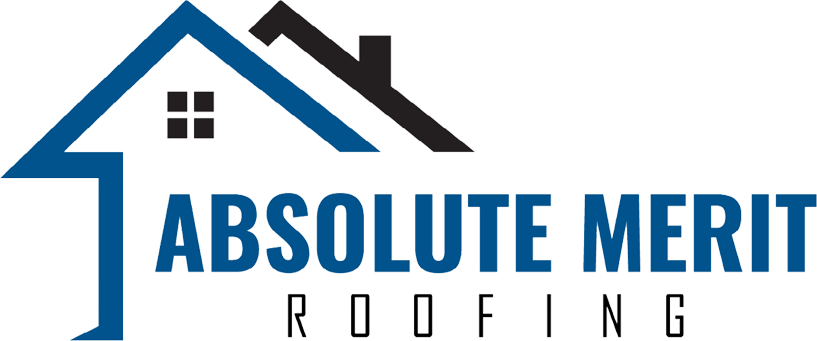3 Questions You Should Ask in Order to Understand Roofing Terminology
When it comes to your roof, you want to make sure you understand the terminology roofing contractors use so you can communicate effectively about any issues or repairs needed. Knowing some key roofing terms can help you through conversations with roofing contractors so you understand exactly what they're talking about regarding your roof's condition, required materials, and estimated costs.
What Shape Is Your Roof?
One very basic term to understand is what shape of roof you have. Common roof shapes include gabled, hipped, flat, mansard, gambrel, butterfly, skillion, and more. The shape of your roof impacts what materials can be used, how easily contractors can access it, and how drainage flows across it. Roofing contractors will definitely describe the shape of your roof to explain recommendations for replacement materials or identify issues needing repair.
What Materials Is Your Roof Made Of?
In addition to the shape of your roof, you need to understand what materials it's made of. Common roofing materials you'll hear terms for include asphalt, wood, slate, tile, metal panels, and various types of shingles. The material your roof is constructed from affects its weight load capacity, weather resistance, longevity, and replacement costs. Roofing contractors will specify which materials are already on your roof as well as recommend new ones if repairs or full replacement are needed.
What Condition Is Your Roof In?
Probably the most important roofing terms for you to understand relate to its condition. Roofing contractors will use very specific terminology to describe any issues discovered during inspections. You'll want to understand terms for wear conditions like curling, blistering, cracking, punctures, and mineral deficiencies indicating age. You'll also want to ensure you learn terminology for water intrusion points like pooling, leaking, and flooding, as well as wind damage descriptors like torn, missing pieces, lifted edges, and separated seams. According to Bob Vila, a roofing square is equal to 100 square feet, which can also be helpful to know in case a roof repair is needed.
Getting familiar with essential roofing terms ahead of time allows you to have much more meaningful conversations with potential roofing contractors. Never let unfamiliar lingo stop you from asking as many questions as you need to fully comprehend what's going on with your roof and what solutions roofing contractors recommend. Reach out to our roofing contractors at Absolute Merit Roofing when you need help with your roof.
serving Area
Allen, TX
Plano, TX
Frisco, TX
McKinney, TX
Business Hours
Monday 7:00 am - 7:00 pm
Tuesday 7:00 am - 7:00 pm
Wednesday 7:00 am - 7:00 pm
Thursday 7:00 am - 7:00 pm
Friday 7:00 am - 7:00 pm
Saturday 7:00 am - 7:00 pm
Sunday Closed
Kinnaird Land Services, Inc. DBA Absolute Merit Roofing


Share On: